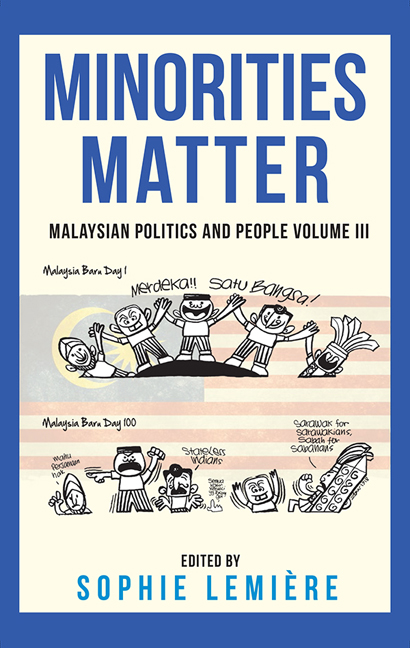Foreword
Published online by Cambridge University Press: 25 January 2020
Summary
Many of us have fought for years to bring a change in government. We were clear that the abuses of the Barisan Nasional government had to stop if there was to be a better future for all. We were equally clear that it was near impossible to displace Barisan Nasional who had been there for 61 years.
Despite all the challenges, Malaysians changed the government for the first time on 9 May 2018. The Pakatan Harapan government was elected on a grand manifesto and many promises of human rights and institutional reform. Many who are now in power have led, marched and fought alongside civil society, calling for change and reform. They spoke our language and understood our aspirations for the people.
Once in power, we were pleased to see progressive appointments made to head key institutions such as the Election Commission, the Attorney General's Chambers and the Judiciary. The Institutional Reforms Committee, which I was a part of, was formed to hear from stakeholders and make recommendations to the government on a roadmap for reform. This, and other work, was done in record time as the excitement of a brand new future for this country saw many giving their time and energy to make change happen. It was a promise of a just nation built on the rule of law that brought Malaysians together to help wherever we could.
Many of us believed that human rights and institutional reform would take place swiftly and decisively. We assumed that after our years of struggle, things would move quickly to make Malaysia a more democratic country. We believed that we could count on some of our colleagues in the new government.
Stagnation of reform
As the editor of this book Sophie Lemière has stated, there has unfortunately, been a stagnation of reform in new Malaysia.
Significant U-turns have been made with regard to the reform agenda, even when they involve straightforward legislative reform. After all, the repeal of the Sedition Act was a no-brainer, given the fact that many who are new in government had faced investigations and charges under that extremely archaic Act, which was a relic of our distant British colonial past. But that Act remains and investigations continue under it. We now hear some members of government justifying its use.
- Type
- Chapter
- Information
- Minorities MatterMalaysian Politics and People Volume III, pp. ix - xiiPublisher: ISEAS–Yusof Ishak InstitutePrint publication year: 2019

